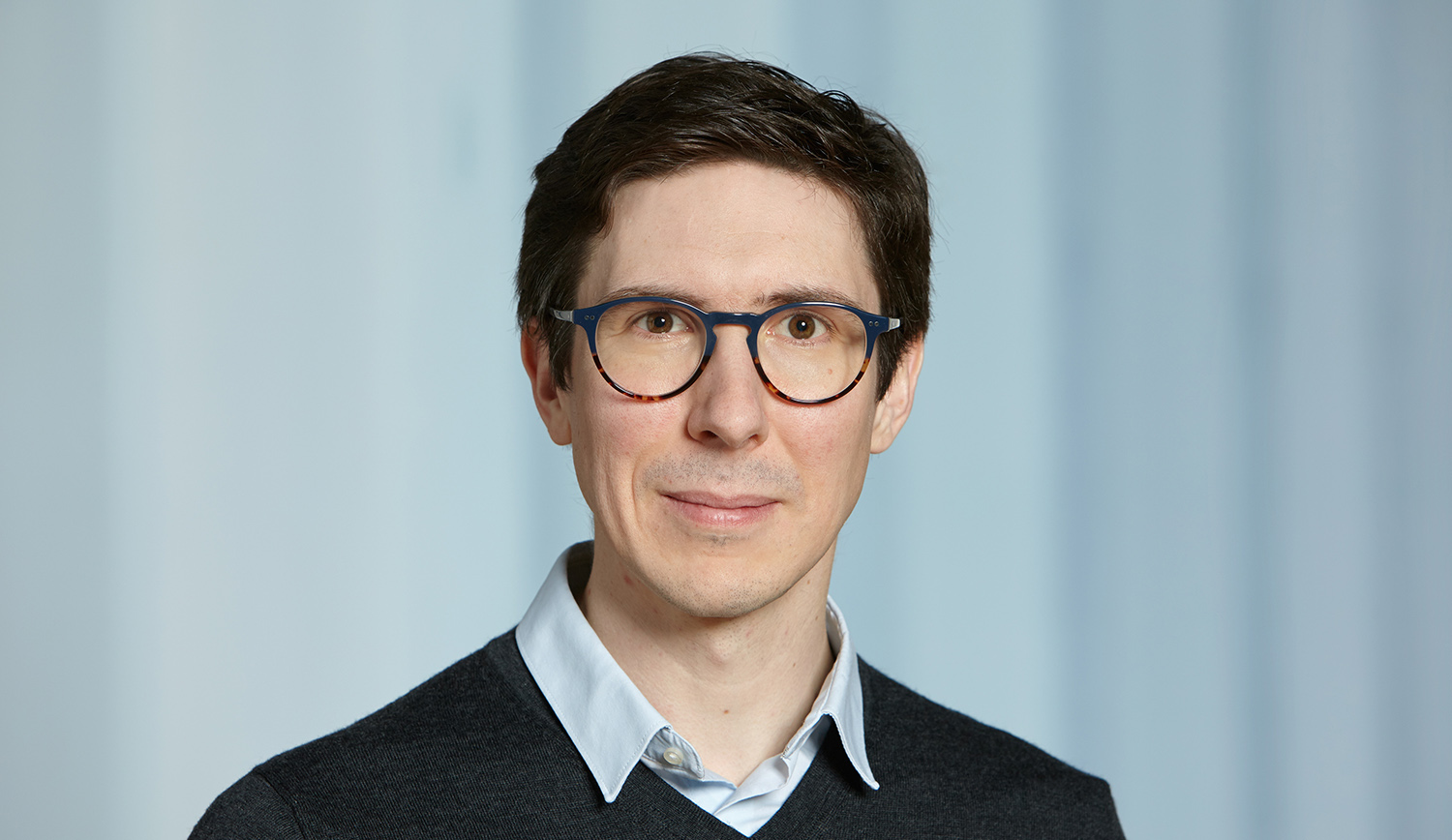John Jeyes Award for Victor Mougel and partners
Victor Mougel and his collaboration partners receive the Royal Society of Chemistry’s new Environment, Sustainability and Energy Division Horizon Prize – the John Jeyes Award – for their pioneering ‘artificial leaf’ design to reduce CO2 emissions and limit the effects of climate change.

Plants feed themselves using photosynthesis, turning carbon dioxide (CO2), light and water into glucose and oxygen. Together with his partners, Victor Mougel, Professor at the LAC at the Department for Chemistry and Applied Biosciences, created a system that imitates plants, converting CO2, water, and sunlight into sustainable fuels and value-added chemicals. This prototype of a solar-to-hydrocarbons reactor uses a copper-based catalyst to turn CO2 into hydrocarbons with a 2.3% efficiency – outperforming plants by twice the amount. This approach brings society much closer to a full-circle economy, creating, e.g., fuels from the very same CO2 produced when burning them.
For their outstanding achievement, the international research team led by Professor Mougel and Professor Federico Bella has now received the Royal Society of Chemistry’s new Environment, Sustainability and Energy Division Horizon Prize: the John Jeyes Award. “We are proud that the efforts spent to combine photovoltaics and electrocatalysis have been awarded,” Victor Mougel and Federico Bella state, “the scientific community counts several excellent research groups active in these fields, but the integration of different technologies is still at its infancy”.
For further information on the award, the research project and the international collaboration, please follow the link to the full article.
